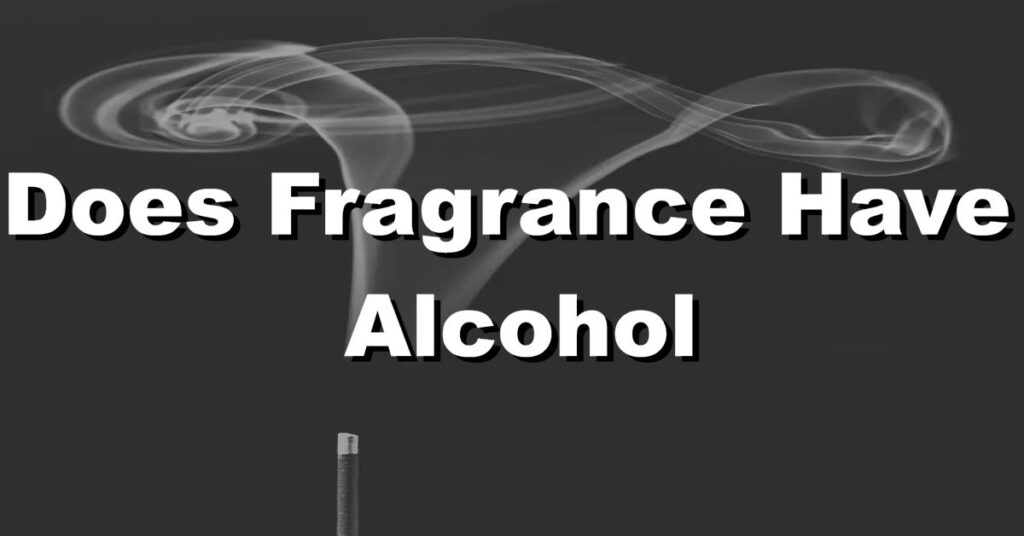Fragrances have been a part of human culture for thousands of years. They are used to enhance personal hygiene, to mask unpleasant odors, and to create a pleasant atmosphere in our homes. One question that often comes up regarding fragrances is whether they contain alcohol.
This is a valid question since some people prefer to avoid alcohol in their beauty and grooming products due to personal beliefs or skin sensitivities. In this article, we will explore the question, “Does fragrance have alcohol?” and provide some insights into the topic.
The Role of Alcohol in Fragrance:
Alcohol plays a significant role in fragrance formulation and serves multiple purposes. It serves as a carrier agent that helps distribute the fragrance ingredients evenly and aids in their evaporation when applied to the skin. Alcohol also helps to enhance the diffusion of the fragrance, allowing it to project and linger in the air.
Common Types of Alcohol in Fragrance:
There are different types of alcohol used in fragrances, including ethanol (also known as ethyl alcohol), denatured alcohol, and isopropyl alcohol. Ethanol is the most commonly used alcohol in perfumery due to its ability to dissolve fragrance ingredients effectively.
Denatured alcohol is ethanol that has been treated with additional substances to make it unfit for consumption. Isopropyl alcohol is another type of alcohol used in fragrance formulations, although it is less commonly used than ethanol.
Alcohol and Skin Sensitivity:
Alcohol, particularly when present in high concentrations, can potentially cause skin dryness, irritation, or sensitivity, especially in individuals with pre-existing skin conditions or sensitive skin. The evaporative nature of alcohol can strip away the skin’s natural oils, leading to dryness.
Additionally, some individuals may be sensitive to the alcohol itself or to other ingredients combined with it in the fragrance formulation.
Alcohol-Free Fragrance Options:
For individuals with sensitive skin or those who prefer to avoid alcohol in their fragrance products, there are alcohol-free options available. Some fragrance brands offer alcohol-free versions of their popular scents. These alternatives often use alternative solvents or carrier agents to replace the alcohol component.
Additionally, there are fragrance formats such as solid perfumes or oil-based fragrances that eliminate the need for alcohol as a carrier.
When selecting an alcohol-free fragrance, it’s essential to read the product labels and ingredient lists carefully to ensure they meet your preferences and needs. It’s also helpful to conduct patch tests on a small area of skin to check for any potential sensitivities or reactions before applying the fragrance more widely.
Conclusion
In conclusion, fragrances can indeed contain alcohol, and the type and amount of alcohol used can vary widely depending on the fragrance brand and product.
It is essential to read product labels carefully and understand the types of alcohol used and their potential effects on the skin. For those who prefer to avoid alcohol in their fragrances, there are alcohol-free options available.

